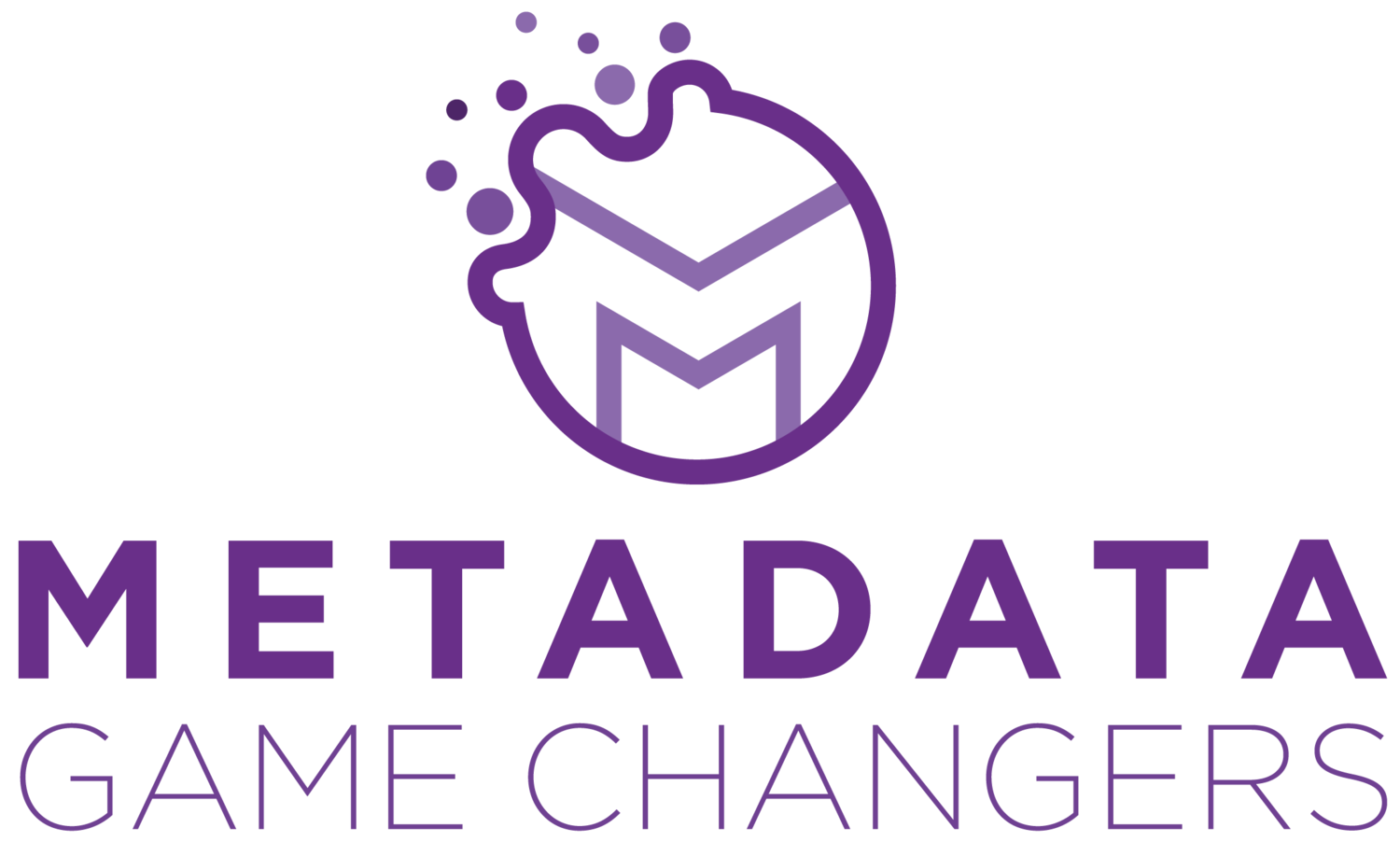Acronyms Are Definitely Not Enough
/Cite this blog as Habermann, T. (2021). Acronyms Are Definitely Not Enough. Front Matter. https://doi.org/10.59350/93v82-yr723
I have been working on finding RORs from affiliation strings again and have been struck by the number of people that provide acronyms as affiliation strings. We all know the rule for using acronyms in scientific writing is “write out the first occurrence completely” so the reader knows what the acronym stands for and most of us try to follow this rule.
This rule also makes sense when you are writing your affiliation for a paper or any other time. In that case, you are only writing the acronym once, i.e., it is, by definition, the first time you are using it. Organizational identifiers are needed because there are so many ambiguous names written for the same organization. In some cases, the same name is associated with multiple organizations. This is even worse for acronyms.
How bad is it?
One of the nice things about the GRID database of organizations and identifiers is that it includes a table of acronyms, allowing us to determine how many organizations use each acronym. The most recent release of these data (June 2021) includes 29,077 acronyms used 42,407 times. The good news is that 23,896 of those acronyms (82%) are used just once. The bad news is that 241 of them are used ten or more times. The most common acronym, CCC, is used for 39 different organizations
In some cases, information about locations (typically countries) can improve chances of identifying the right organization. For example, the acronyms NIH and CNRS are used for six and three different organizations that are each in separate countries. In these cases, knowing where the person with the affiliation is from might help inform the pick. In the CCC case, the 39 organizations are in five different countries with 28 in the United States.
Next time you are entering your affiliation and want to use an acronym, enter the acronym into https://ror.org/ and see the diversity of organizations that share that acronym. Did you know, for example, that NSF in the United States stands for National Sleep Foundation in addition to National Science Foundation, or that NCI stands for National Computational Infrastructure and Northern Cancer Institute in Australia? Find the official ROR name for your organization and use it along with the acronym in parentheses. Even better, when you are given the opportunity, use the ROR for your organization (which simultaneously solves the ambiguous name and ambiguous acronym problems).
Fortunately for Metadata Game Changers, the acronym MGC is only used once (Mitsubishi Gas Chemical, Japan).

